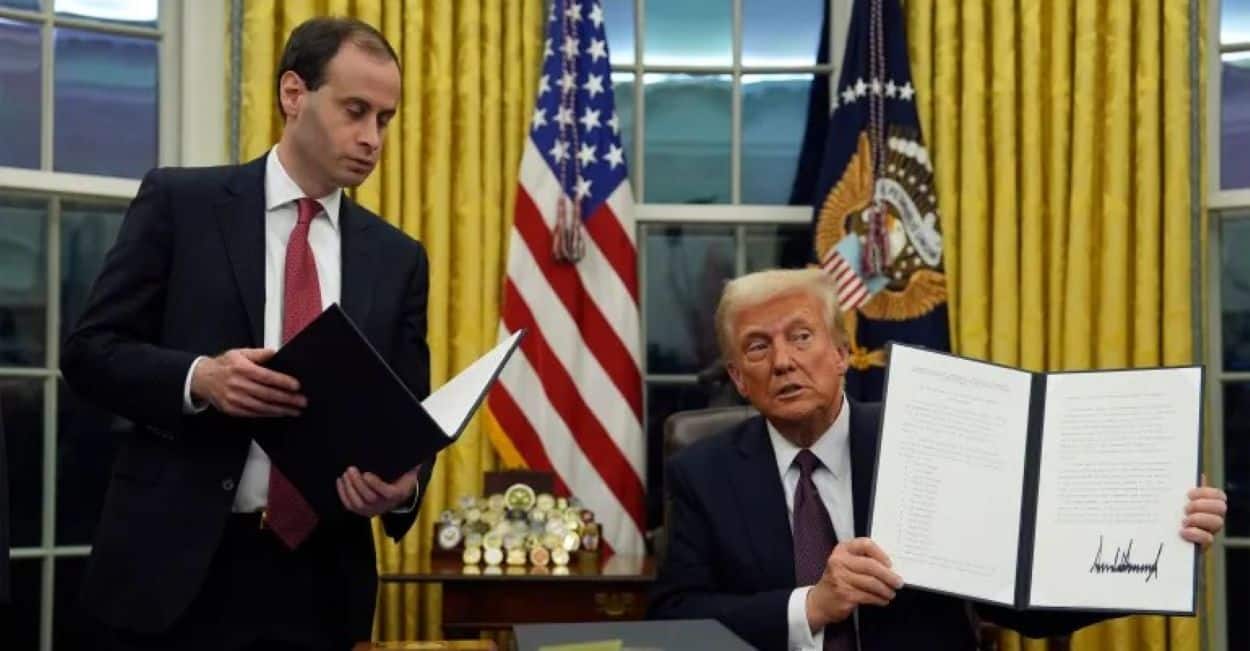On his first day back in office, President Trump issued a sweeping clemency proclamation for approximately 1,500 individuals convicted of crimes related to the January 6, 2021, attack on the US Capitol.
Hours after his swearing-in for a second term, Trump announced pardons and commutations for many individuals implicated in the Capitol assault. He has consistently downplayed the severity of the attack, which involved his supporters attempting to prevent Congress from certifying Biden’s victory.
Trump’s clemency extends to those convicted of both violent and nonviolent offenses, including assaulting law enforcement and seditious conspiracy. In an Oval Office address, he described these actions as freeing “people from unjust punishment,” labeling the situation “outrageous” and criticizing the judicial process that followed the riot. He referred to the convicted individuals as “hostages” and expressed his desire for their immediate release.
Prominent figures associated with far-right groups, such as the Oath Keepers and Proud Boys, including Stewart Rhodes and Enrique Tarrio, were granted clemency. Rhodes had previously received an 18-year sentence for seditious conspiracy, while Tarrio had been a leading figure in the Proud Boys.
US President Donald Trump has granted clemency to everyone charged over the January 6, 2021 attack on the US Capitol in one of his first official acts in the Oval Office https://t.co/vzHJowK4jd pic.twitter.com/Ncn9eB1BJ4
— Al Jazeera English (@AJEnglish) January 21, 2025Additionally, Trump’s proclamation reduced the sentences of Kelly Meggs and Jessica Watkins, both members of the Oath Keepers, to time served. These decisions have prompted reactions from law enforcement officers and investigators involved in the Capitol riot case. Over 1,600 people were charged with the breach, with more than 700 serving or completing their sentences.
President Trump wasted no time implementing significant changes during his second term, signing multiple executive orders on various issues, including immigration, government reform, and energy policy. These actions reflect his administration’s priorities and signal a continuation of his first-term policies, often in direct opposition to his predecessor’s.






